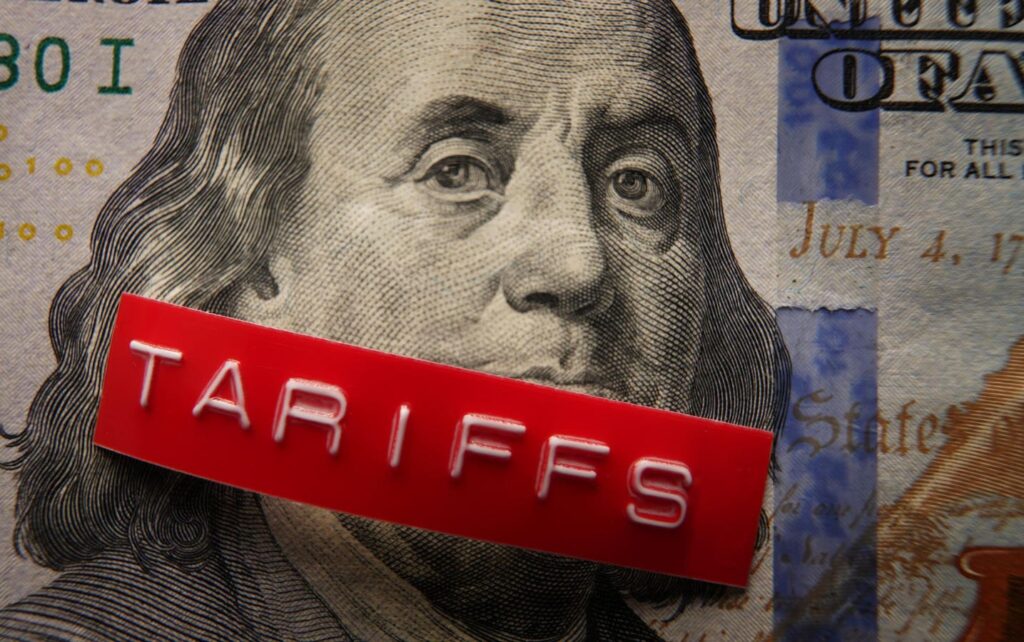Tariffs
gettyTwo months ago, the Commerce Department launched an investigation into whether pharmaceutical imports pose a threat to national security (i.e., a Section 232 investigation). Not only are the investigation’s accusations groundless, implementing the proposed remedy – more tariffs – will create the very problems that the investigation hopes to avoid.
Allegedly, pharmaceutical imports are disconcerting because they create vulnerabilities. Importing medicines and pharmaceutical ingredients supposedly gives adversaries the ability to disrupt our access to needed medications. This vulnerability exposes the U.S. to potential geopolitical blackmail and creates an unacceptable national security threat.
Even if this accusation had merit – it doesn’t – the proposed remedy still makes no sense. If the Section 232 investigation concludes that national security vulnerabilities exist, then the government would impose tariffs on drugs and active pharmaceutical ingredients. The Trump Administration has thrown around tariffs of 25% or higher as the appropriate levy.
Tariffs are, of course, simply taxes. In the case of pharmaceutical products, patients will bear the brunt of these taxes both directly and indirectly. A portion of the tariffs will be passed on to patients, which directly raises the costs of medicines – generic and branded alike. The higher costs for medicines will worsen drug affordability and create potential access issues for some patients.
Indirectly, a portion of the tariffs will be borne by drug manufacturers. Yet, here too, these costs will ultimately harm patients; the precise impact will depend on whether the medicine in question is a generic or branded drug.
Generic manufacturers, which account for 90% of all medicines prescribed in the U.S., currently operate on thin margins. The vast majority of generic medicines in the U.S. cost $20 or less with average patient copays of a bit more than $6.00. The portion of the tariffs on imported generic drugs that cannot be passed on to consumers will increase the costs for producing generic medicines.
These higher costs will undermine the financial viability of generic manufacturers. With a weaker generic manufacturing base, patients will lose access to some of the most affordable medicines currently available.
Importantly, tariffs would also be imposed on imported pharmaceutical ingredients. Increasing the costs of the ingredients that many domestic generic manufacturers rely on will further increase the costs and decrease the availability of low-cost generic medicines.
Overall, the tariff policy makes it less profitable to produce generic medicines domestically. The actual impact from the tariff policy is counterproductive as a result – it decreases the incentive to increase the domestic production of medicines.
The impact on the manufacturers of branded medicines is just as troubling. The U.S. is the global leader in the biopharmaceutical industry. The industry invested $141 billion into research & development in 2022 and is a major contributor to the U.S. economy.
Beyond the economic contributions, innovative medicines have significantly improved health outcomes for patients, such as those living with cancer and autoimmune diseases. Continued innovation provides hope for patients living with untreated diseases, such as patients with Alzheimer’s disease.
The portion of the tariffs borne by branded manufacturers increases their costs making it less likely they will cover their cost of capital for developing innovative medicines – estimated to be $2.9 billion including post-approval R&D costs. Due to these higher costs, the incentive to invest in the next generation of medicines is diminished, reducing the odds that efficacious medicines for untreated conditions will be developed.
As for the Section 232 investigation, the allegation that there are potential national security implications is based on significant misunderstandings of the facts. For example, a majority of innovative medicines consumed in the U.S. are already “produced in the United States.” Further, for those drugs and pharmaceutical ingredients that are imported, they are mostly imported from U.S. allies such as Europe not from potential adversaries. These trading partners simply pose no national security threat.
There are also sound reasons for manufacturers to leverage the global supply chain when manufacturing drugs – it allows the biopharmaceutical industry to produce high quality, safe drugs in a cost-effective manner. Because the current structure is cost-effective, even if the tariffs encouraged all production to occur in the U.S., patients would see the costs of their medicines increase. The result would be a less efficient, more expensive biopharmaceutical industry.
While the national security arguments lack merit, there are still actions the Administration could take that would incentivize greater domestic manufacturing. For example, reducing the current regulatory burdens that inflate the costs of manufacturing drugs in the U.S. will reduce costs and incentivize greater domestic production without suffering from all the losses associated with tariffs.
A 25% tariff on imported medicines would significantly increase the costs of medicines in the U.S. and create new access issues for patients – especially for poorly insured lower income families. In other words, should the Section 232 investigation wrongly conclude that the global supply chain poses a threat to patients’ access to medicines, the Administration’s response will create the very cost and access issues that concern them. Such actions simply make no sense.
Read the full article here


